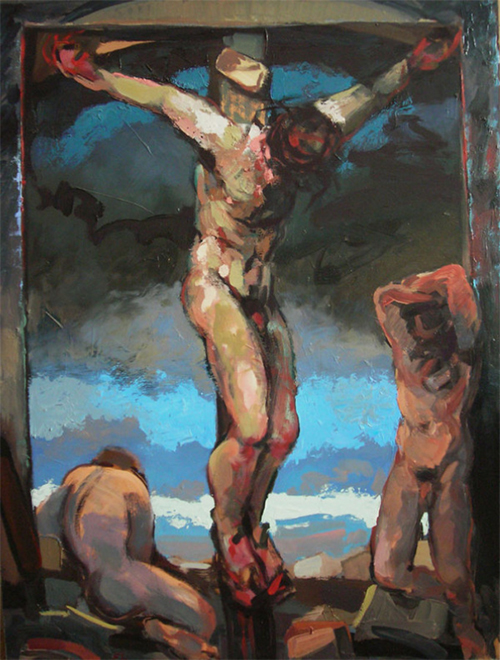
There is an idiom, still in use today, known as “a king’s ransom”.
It speaks of a large amount of money used to purchase an object/s.
Today an alternate phrase might well be “megabucks”
The idiom has its origins in the Middle Ages, (approximately from the 5th to the late 15th centuries.)
Nobility captured in battle were often held for ransom. The higher-ranking the nobleman, the larger the ransom demanded. The biggest ransom of all would be demanded for a king, as was done with King Richard I of England. So “a king’s ransom” means a lot of money!
Richard I, known as Richard Cœur de Lion or Richard the Lionheart because of his reputation as a great military leader and warrior, was King of England from 1189 until his death in 1199.
As king, Richard’s chief ambition was to join the Third Crusade, prompted by Saladin’s capture of Jerusalem in 1187. To finance this, he sold sheriffdoms and other offices and in 1190 he departed for the Holy Land.
Although he came close, Jerusalem, the crusade’s main objective, eluded him. Moreover, fierce quarrels among the French, German and English contingents provided further troubles. After a year’s stalemate, Richard made a truce with Saladin and started his journey home.
Bad weather drove him ashore near Venice and he was imprisoned by Duke Leopold of Austria before being handed over to the German emperor Henry VI, who ransomed him for the huge sum of 150,000 marks (equivalent to about 2 billion British pounds).
Today, as Church, we celebrate the Feast of Christ the King.
Of all the titles we could bestow on Jesus that of a ‘king’ would seem to be one of the least appropriate.
When we think of, or imagine, a king we think of a throne, a crown, a palace, great wealth, power, prestige, a retinue of servants, and of course an army!
None of these are visible in the life and ministry of Jesus.
We see him walking the dusty roads of Palestine. He is surrounded by the poor and the sick, by outcasts and sinners.
The very persons officials would shoo away from the presence of today’s king(s) are the very ones Jesus calls near.
And, indeed, He paid a ‘King’s ransom’!
He did not sit on a throne, clothed in regal attire.
Rather he hung naked on a tree, “After they crucified him, they divided up his clothes among them by drawing lots.” (Mtt. 27: 35)
‘Disembodiment is not an option for the Christian.’ This statement by visual artist Edward Knippers is a guiding principle in his work. This is an illustration by Edward, titled “The Crucifixion”.



